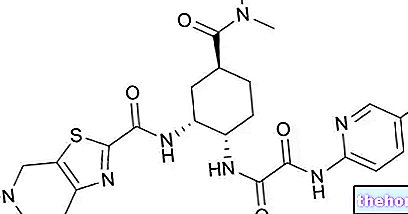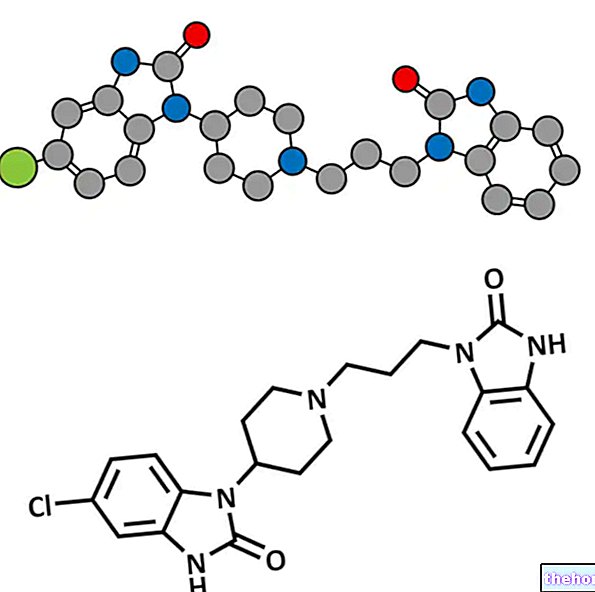Definition
Hepatitis C is an inflammatory disease that affects the liver.
To be more precise, hepatitis C can be defined as an infectious disease of viral origin. The infection can develop both in an acute form (although this occurs in a minority of cases) and in a chronic form.
Causes
Hepatitis C is caused by an RNA virus belonging to the Flavivirus family, known as hepatitis C virus or HCV.
The hepatitis C virus is transmitted through direct contact with the blood of infected individuals.
The behaviors that increase the risk of contracting HCV are the mixed use of infected needles or syringes (as can happen, for example, among drug addicts), the execution of tattoos or piercings with non-sterile instruments, sexual intercourse not protected with occasional partners who may be infected with the virus and accidental contact with blood infected with the virus (this can happen especially in the case of healthcare or emergency personnel).
Also - although rarely - babies whose mothers have hepatitis C can contract the virus during childbirth. While the virus is not transmitted during fertilization from the possibly infected father.
Symptoms
Often, hepatitis C, both in acute and chronic form, is asymptomatic. This is why this pathology can take years and even decades before giving significant clinical manifestations, therefore before being diagnosed.
If hepatitis C is symptomatic, symptoms such as generalized malaise, fever, weakness, stomach pain, nausea, loss of appetite, muscle and joint pain, skin itching and jaundice may arise.
Furthermore, chronic hepatitis C can lead to serious and potentially fatal complications, such as liver cirrhosis and liver cancer.
Diet
The information on Hepatitis C - Medicines for the Treatment of Hepatitis C is not intended to replace the direct relationship between health professional and patient. Always consult your doctor and / or specialist before taking Hepatitis C - Medicines for the Treatment of " Hepatitis C.
Medicines
Similarly to what happens with other types of hepatitis, acute hepatitis C tends to regress spontaneously, since in most cases the immune system of the infected individual is able to defeat the virus on its own.
However, acute hepatitis C occurs in only 20% of patients; the remaining 80% of individuals who contract HCV develop a chronic type infection that is likely to progress to liver cirrhosis or liver cancer.
Therefore, when chronic hepatitis C is diagnosed, it is necessary to resort to the use of drugs.
The following are the classes of drugs most used in the therapy against chronic hepatitis C and some examples of pharmacological specialties; it is up to the doctor to choose the most suitable active ingredient and dosage for the patient, based on the severity of the disease, the state health of the patient and his response to treatment.




























